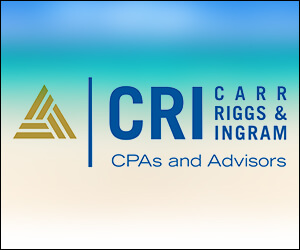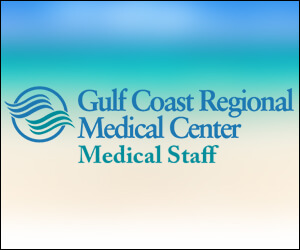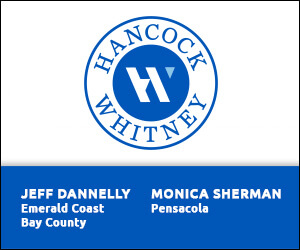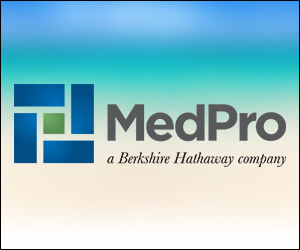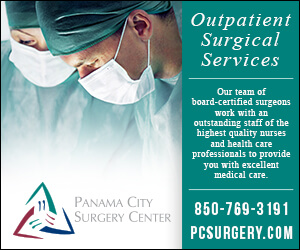
Medical Malpractice Insurance
June 21, 2023Discover Affordable Options for Medical Malpractice Insurance With the escalating number of medical malpractice lawsuits, doctors and healthcare providers often face overwhelming stress and uncertainty. At ECMA, we prioritize our members’ well-being by offering exclusive access to the ECMA Medical…
